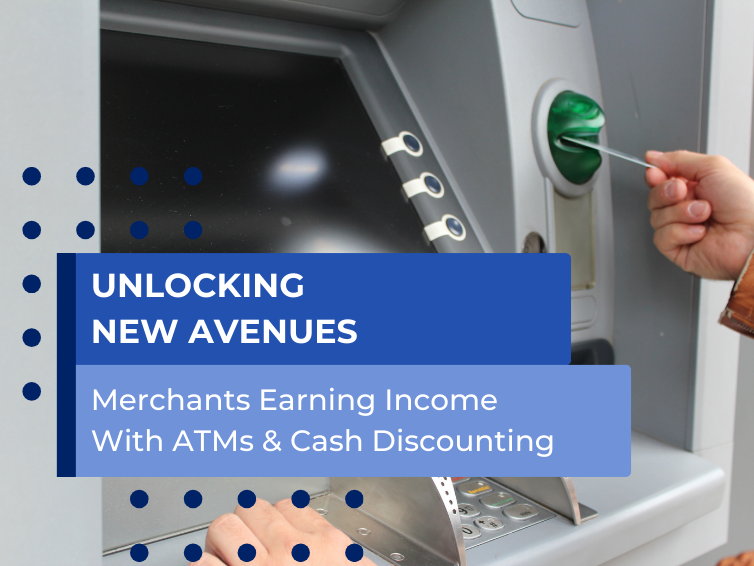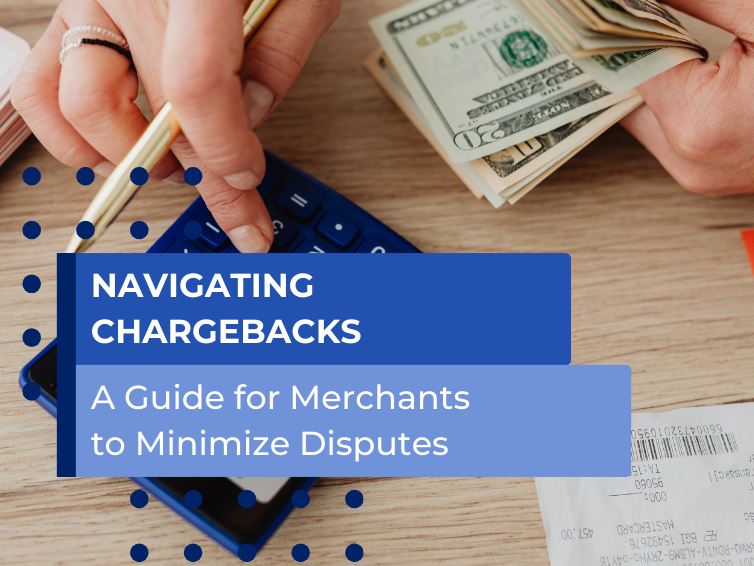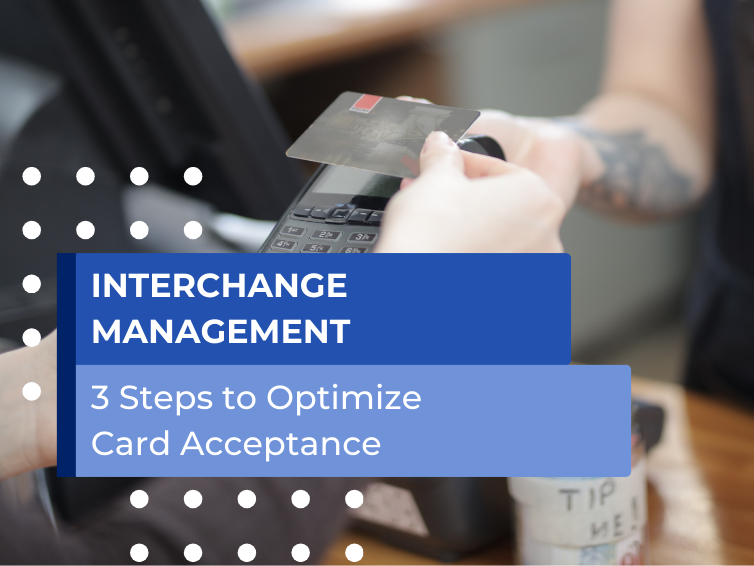Embracing the Future: Should Merchants Accept Bitcoin and Altcoins?
The rise of cryptocurrency has been nothing short of revolutionary in the financial landscape, with digital currencies like Bitcoin and Altcoins gaining widespread acceptance and popularity.
As merchants navigate this rapidly evolving space, a crucial question arises: should businesses embrace this digital revolution and start accepting cryptocurrencies as a form of payment?
This article explores the pros and cons, as well as the considerations merchants should take into account when deciding whether to welcome Bitcoin and Altcoins into their payment options.








